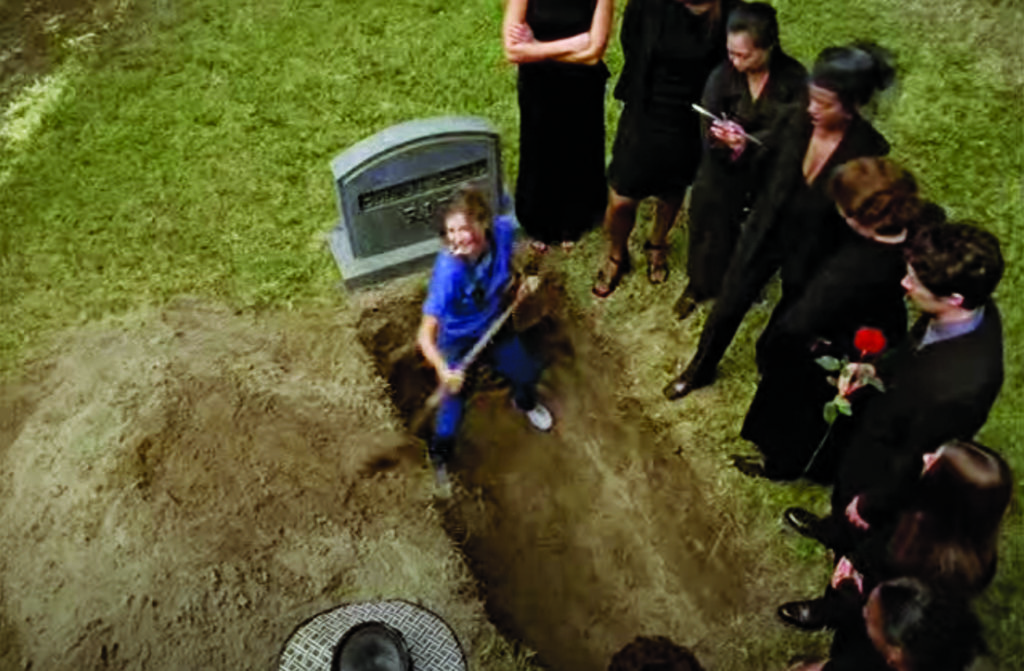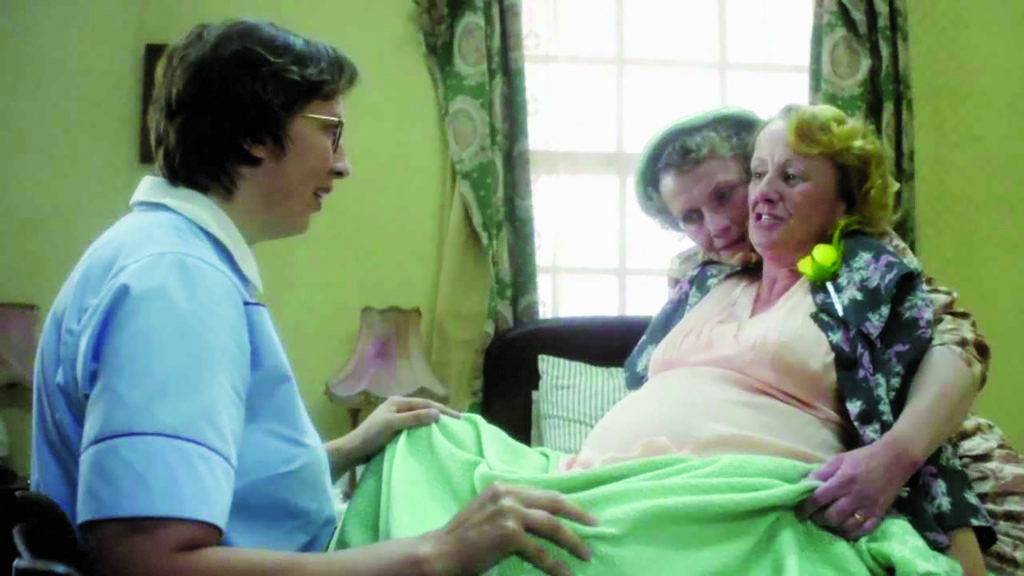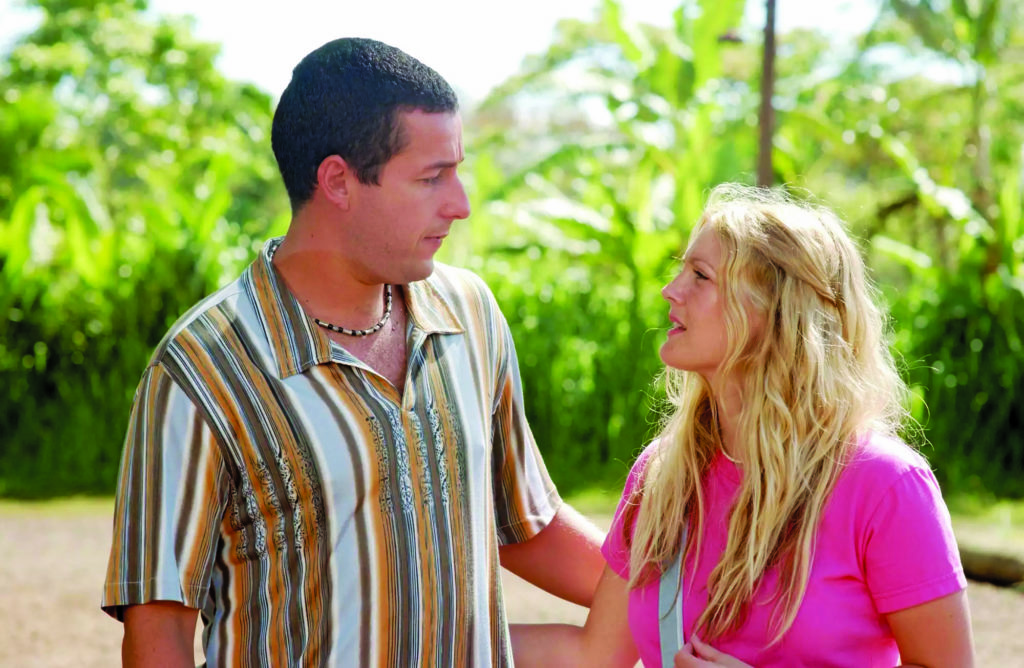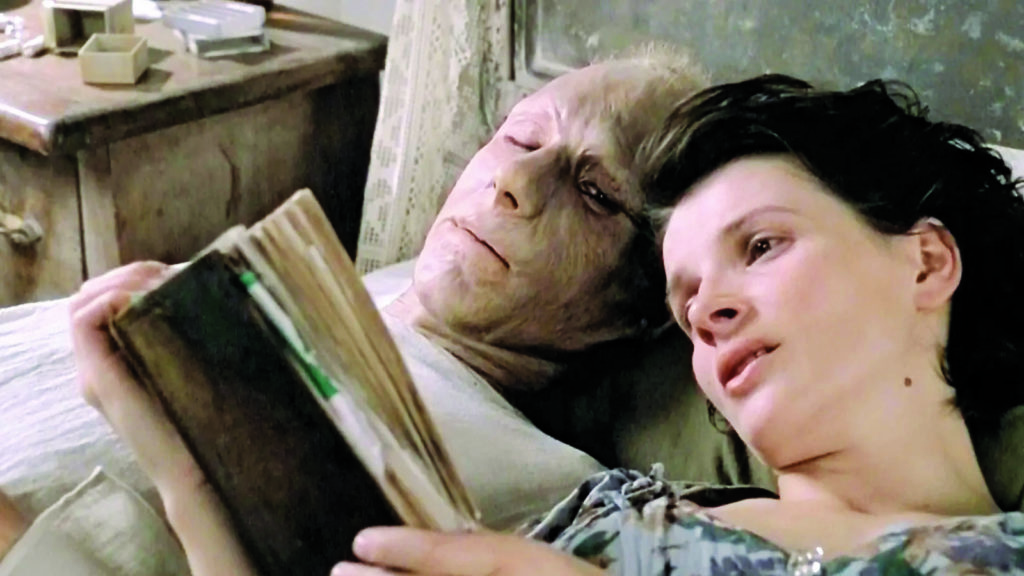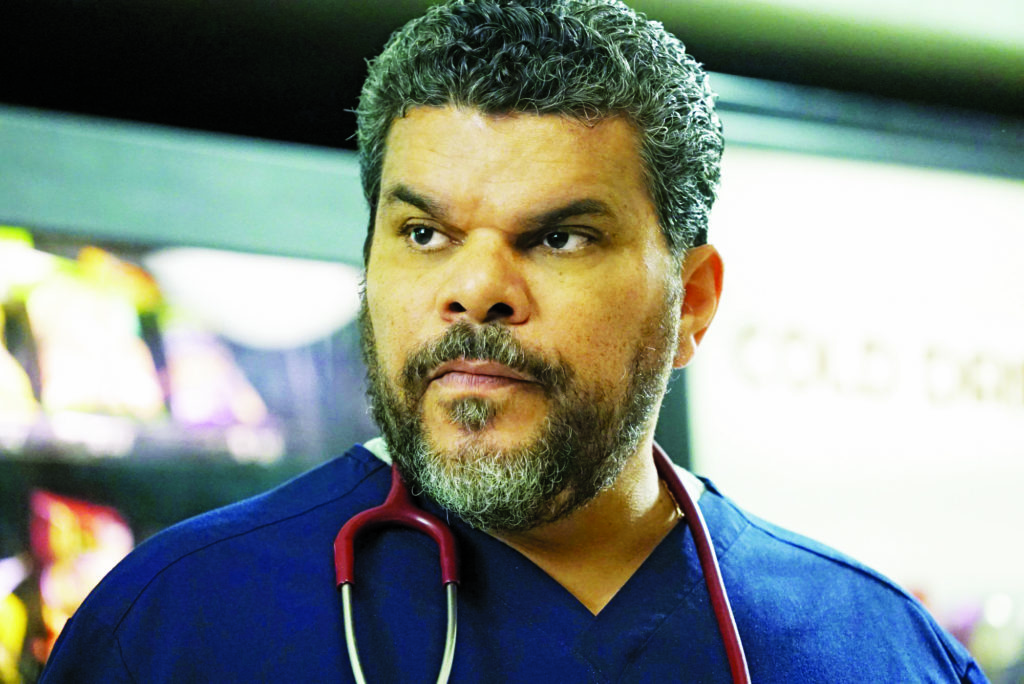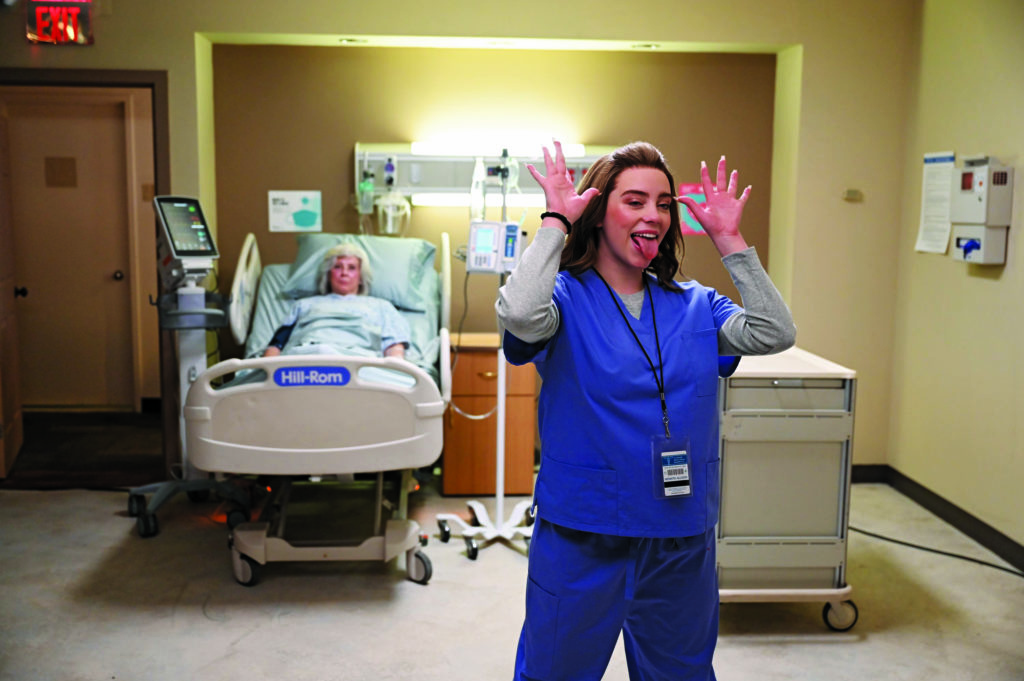Feature
Onscreen Moments That Get Nursing Right (and Some That Still Don’t)
Movie and tv moments that got nursing right and times they didn't
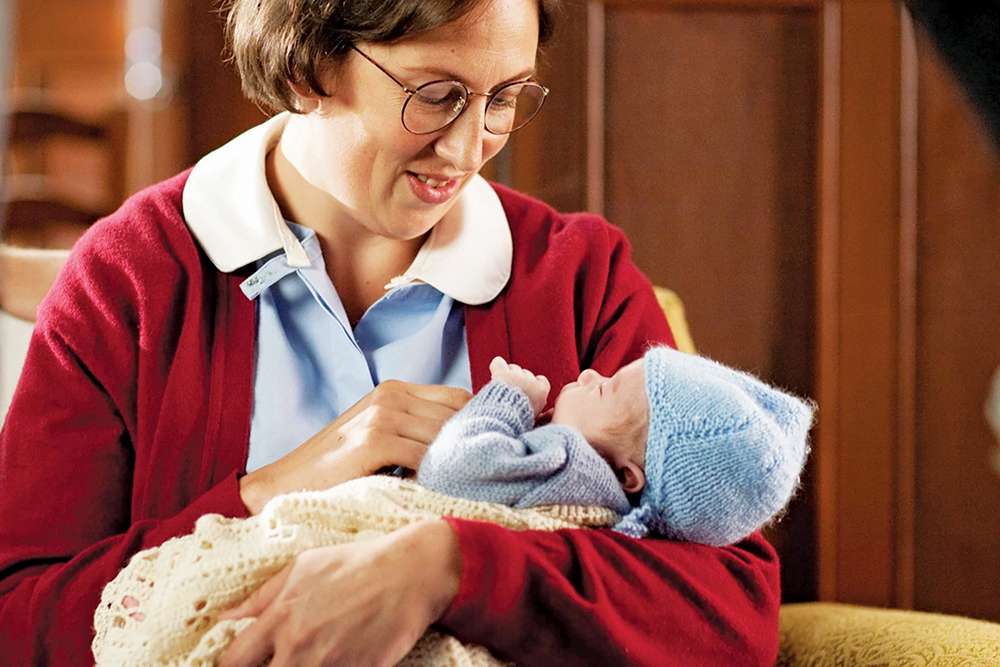
Movies and TV shows aren’t known for accurately portraying the multifaceted roles of nurses.
“Chicago Hope” seems to have only one nurse who works on a different unit each episode. “ER” shows doctors doing the nurses’ jobs, while Grey Sloan Memorial, where “Grey’s Anatomy” takes place, is apparently the only hospital on the planet that functions with no nurses whatsoever!
But sometimes, movies and TV shows do hit the right note, presenting a scene that captures the real spirit of being a nurse. From funny scenarios to poignant human interactions, here are four onscreen moments that ring true.
When Disrespecting a Nurse Means Digging Your Own Grave
The cult classic TV comedy “Scrubs” is known for its goofy humor, following the journey of physicians from Day One of their medical residencies. Although the series is more about doctors than nurses, this spoofy sitcom does a surprisingly nice job of capturing nurse-doctor dynamics.
In the first season of “Scrubs,” new M.D. resident Elliot Reid (Sarah Chalke) decides to throw experienced nurse Carla Espinosa (Judy Reyes) under the bus. Both Elliot and Carla miss a key patient assessment — but when the resident is scolded by her attending physician, she places the blame on the nurse. Big mistake.
Over the course of the episode, Elliot comes to realize that it’s in her best interests to apologize to Carla. However, as she contemplates further defending herself, the show gives us a flash-forward preview of Elliot’s fate if she keeps on the way she’s going: a fantasy sequence in which Elliot literally digs the grave at her own funeral as the hospital’s nursing staff watches over her.
Hats off to “Scrubs” for showing physicians the importance of establishing respectful relationships with nurses.
When You Rise to a Challenge
In an episode of the popular BBC drama “Call the Midwife,” newly arrived nurse Chummy Browne (Miranda Hart) is called to attend her first solo delivery. While examining the expectant mother, Chummy discovers that the baby is presenting in the breech position and will be a high-risk birth.
Chummy excuses herself from the room, shaking with fear; during nurses’ training, she had watched only half of a breech delivery before fainting. Chummy stands in the hall for a moment to collect her courage, then reenters the room to calmly and steadily guide the mother through a successful delivery.


